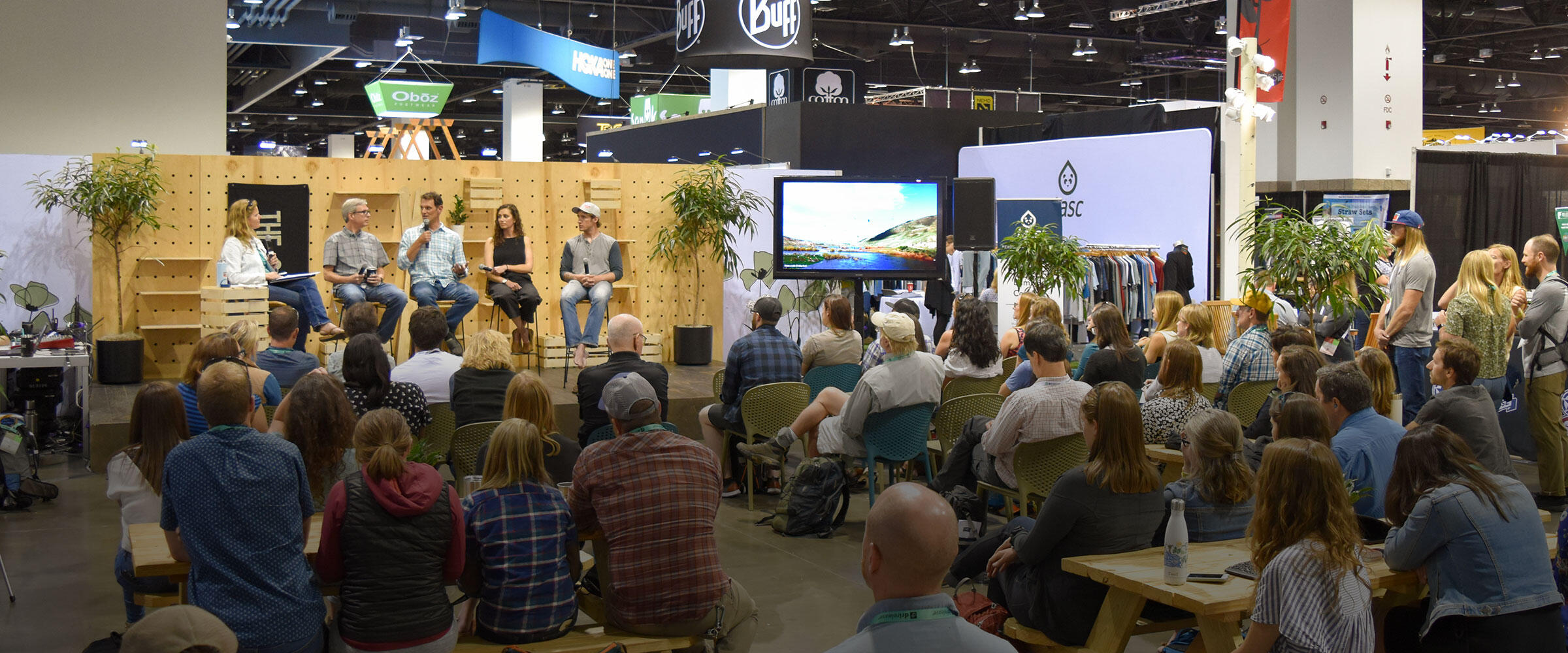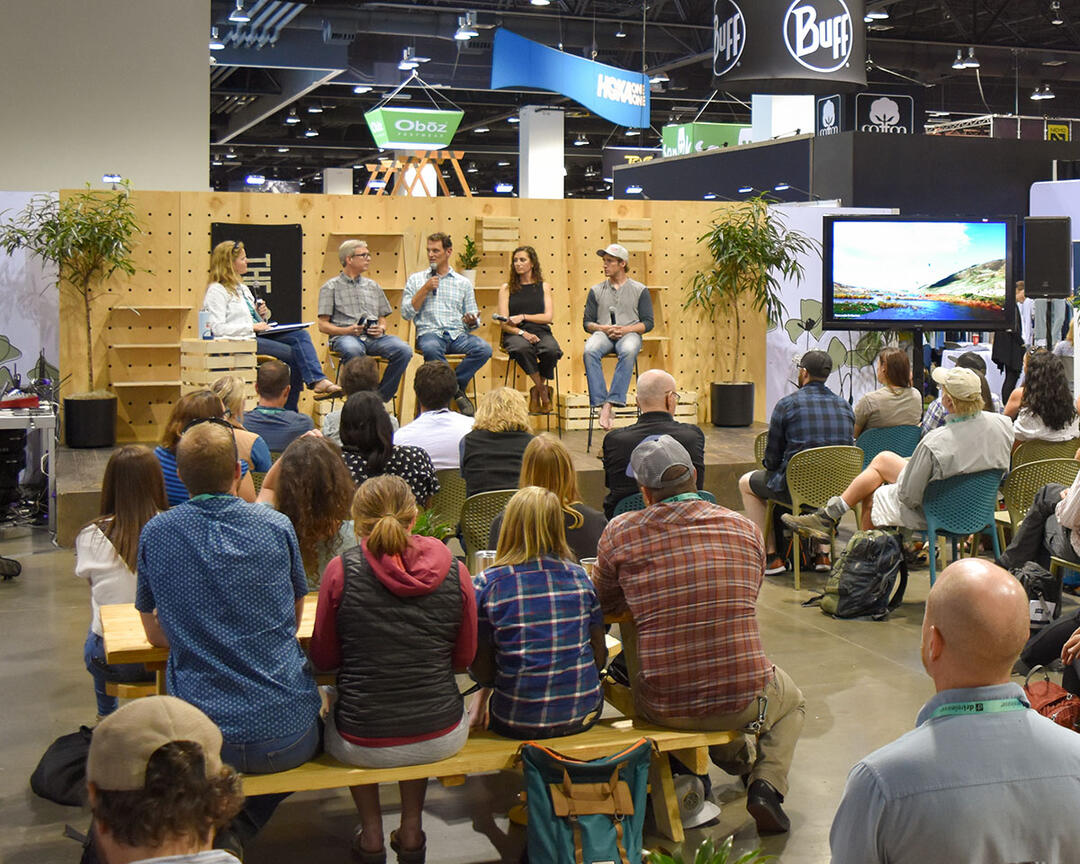In early 2020, we formed two subcommittees: Policy/Communication and Science/Projects. The whole Healthy Headwaters Working Group membership meets twice per year and the committees meet more often to respond to policy and science opportunities.
Policy
Members work to scale up headwaters restoration by addressing barriers and/or opportunities for policies, education, and funding to better support PBR. Here are some examples of our past efforts:
-
Sept 2022 comment letter on the July 2022 draft of the Colorado Water Plan
-
Dec 2022 comment letter on the Nov 2022 draft of the Colorado Strategic Plan for Climate-Smart Natural and Working Lands
-
Memo to USFS June 2022: Utilizing Natural Infrastructure Approaches to Improve Climate and Drought Resilience in Forested Watersheds
-
Support on Stream Restoration Bill
-
Healthy, functioning stream systems provide critical habitat to most of Colorado's wildlife. They improve wildfire resilience, drought mitigation, flood safety, water quality, forest health, riparian and aquatic habitat.And they provide many other ecological benefits that are beneficial to all Coloradans. Stream restoration practices have been successfully implemented across Colorado for more than 30 years by federal, state, and local agencies, conservation organizations, water providers, and private landowners. However, recently there has been increased uncertainty about stream restoration practices in regards to water rights issues. Colorado Department of Natural Resources will introduce 2023 legislation to provide clarity and certainty on where stream restoration projects may take place without being subject to water rights administration. Learn more
-
Science
Members work on developing restoration demonstration projects to better understand the hydrologic, ecologic, and other effects of interest. The goal is to provide the science to inform good policies that will support further scaling up restoration work.
-
Project support - A field trip to the Trail Creek low-tech process-based restoration project Sept 13, 2022 with USFS and National Forest Foundation to inform funders and other interested stakeholders about the success and multiple benefits of this project, located in the Upper Gunnison Basin.
-
Restoration research - Nov. 2022 comprehensive research paper on the effects of restoring streams via low-tech process-based restoration paper
-
Providing a platform for science presentations - crossover support to the Riverscape Restoration Network (RRN) that provides quarterly presentations on the latest process-based restoration science research for over 200 members located in all the Western States. The RRN is free for anyone to join - email jackiecorday@gmail.com
Education
Our members have given numerous presentations about the multiple benefits research has documented that connected functioning riverscapes provide, including improved ecosystem services such as a reduction in sediment load and other water pollutants; improved resilience to drought, flooding and fires; and improved aquatic and terrestrial habitat.
-
Arkansas River Basin Water Forum April 2022 presentation - Jackie Corday, Fay Hartman, & Dr. Emily Fairfax
-
How Beaver Complexes Improve Resilience to Wildfire and Drought -Covered Dr. Fairfax’s research on beavers, droughts, and megafires. Watersheds are our primary water infrastructure and beaver wetlands play a critical role in improving the resiliency of our watersheds and water supplies.
-
-
CWCB Drought Resiliency workshop presentation May 2022 - Abby Burk
-
Presentation covered watershed connectivity, data gaps, nature based solutions, and low-tech process-based restoration benefits to CWCB Directors at the Drought Resilience Workshop @ 4:47:50.
-
-
Water Congress - August 2022 presentation - Abby Burk
-
Presentation testimony on stream restoration needs and benefits to Water Resources and Agriculture Review Committee. Audio recording @ 4:01:00 followed by Upper Gunnison River Water Conservancy District, then joint questions and answers from legislators. Presentation focused on the benefits of healthy functioning headwaters and river corridors with emphasis on ecological function post-wildfire recovery.
-
-
Pitkin County Healthy Rivers Program Board presentation April 2022 - Jackie Corday & Fay Hartman
-
The Benefits and Considerations of Beaver-Related Restoration: This presentation covered the multiple ecological and ecosystem services benefits of beaver complexes and all the many considerations/issues that need to be planned for - e.g. coexistence
-
-
Opportunities for Prioritizing Headwaters Restoration for Natural Water Infrastructure Restoration & Protection 9/30/22 - Abby Burk, Jackie Corday, Fay Hartman, and Alex Funk
-
Workshop organized by Healthy Headwaters Working Group members to bring together all the state and federal land management agencies and many other interested stakeholders to facilitate collaboration/working across borders and agencies to maximize Infrastructure Investment and Jobs Act, Inflation Reduction Act, and other similar funding sources (e.g., American Rescue Plan Act) on improving the health of Source watersheds natural water infrastructure.
-
-
Colorado Water Legislator Webinar: Colorado’s Proposed Stream Restoration Legislation Part 1 | February 2, 2023
-
Colorado Water Legislator Webinar: Colorado’s Proposed Stream Restoration Legislation Part 2 | March 9, 2023
-
Colorado Water Legislator Webinar: Colorado’s Watershed Support All of Us | March 22, 2022
To become a member of the Healthy Headwaters Working Group, email, Jackie Corday, Abby Burk, or Fay Hartman.


